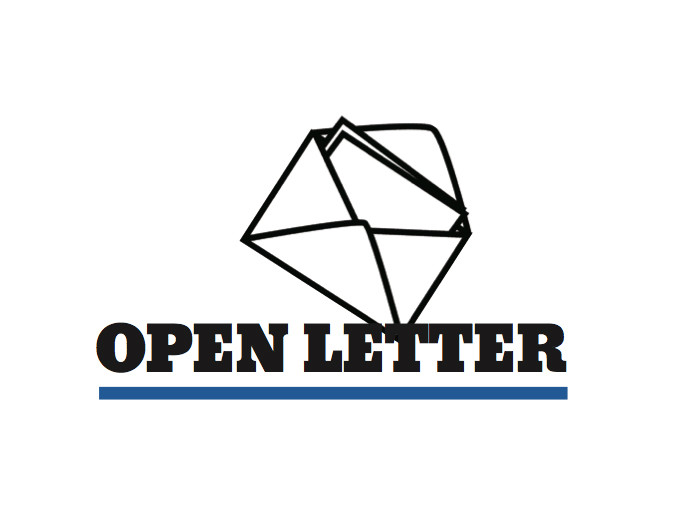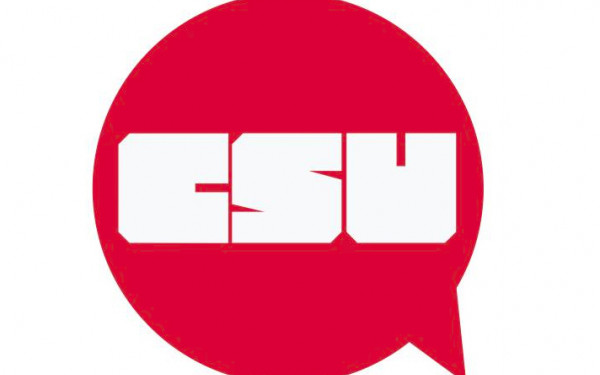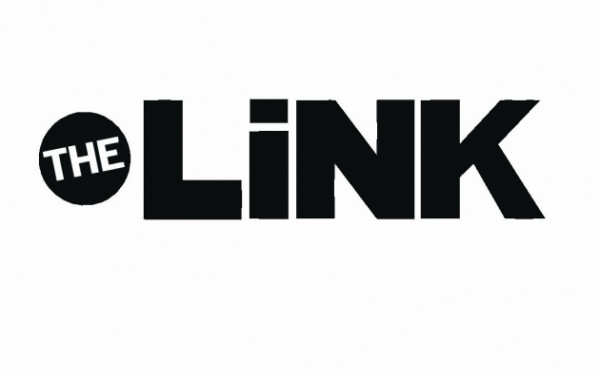No to BDS, Yes to Peacemaking Actions
I spent two years in Israel, living as part of the Christian Israeli minority. I’ve met pragmatic Israelis and Palestinians in Tel Aviv, Jerusalem and Ramallah who care more about austerity and the rising cost of life than politics.
Israelis and Palestinians deserve the same right to live in dignity. I understand the motivations of some BDS supporters who seek justice and a viable state for Palestinians.
So why vote No? Because BDS is designed to serve the interests of political groups who rejected peace. Moderate Palestinian leaders such as Mahmoud Abbas or ex-prime minister Salam Fayyad have condemned BDS, which not only misleads the public, but also the time and money of their own volunteers and donators.
Let me expose a few points in order to clarify my own.
1) University is the place for a civilized debate. No sensationalist movement that pretends to hold “the truth about the Israeli-Palestinian conflict” can be taken seriously. BDS statements are often presented with partial information. Let’s not surrender to this attempt to export the Middle East conflict and impose a group’s opinion on the whole campus, which already has a prejudicial effect on another group of students.
2) The referendum question is ambiguous. What does “Israel’s occupation of Palestine” mean? 1967 borders? Pre-1948? Omar Barghouti, a key figure in the BDS movement, is known for his refusal to recognize Israel. How credible is a campaign that does not respect international law?
3) BDS is an academic and cultural boycott of Israel. Israeli professors and artists are among the most critical of the Israeli government and the best defenders of Palestinian’s rights. Excluding them from the dialogue makes no sense.
4) BDS dehumanizes the conflict, alienates Israeli society and ignores complex facts. It increases prejudice and encourages left and right extremists in Israel to “community downturn.” The risk of a third intifada, with terrible consequences, is real.
A NO to BDS is a YES to diversity and inclusion not only for both Palestinians and Israelis, but also for all those on our campus with Middle Eastern origins and interests. We can learn from each other. I call upon anyone who shares the values of acceptance, dialogue and understanding to join me in order to create this unique association. No one will be excluded. I commit myself to creating that association in the coming year.






